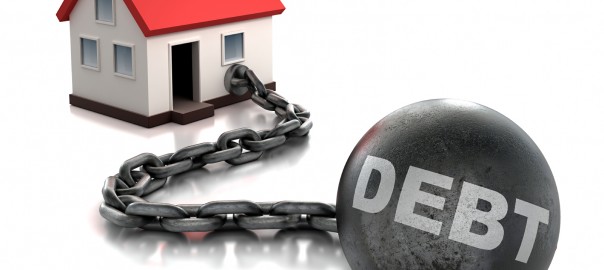What Is A Sale In Execution?

An individual’s credit history sometimes catches up with them. The occurrence is no more prolific than in the property market, and many a homeowner in South Africa has had their home taken away from them because they have failed to pay their home loan or bond. When this occurs, the practice is called ‘a sale in execution’.
Sale In Execution Of An Unpaid Home Loan
When the new property owner has not paid the bond or home loan, efforts will be made to enter some sort of financial agreement with the homeowner, often in the presence of legal representatives. After multiple instances of notification, it falls on the bank to sell the house on the market through the sheriff of the court. This can only be done through a court order, a cumulation of decisions made in court, and justified by the financial capacity (or lack thereof) of the individual.
The sale of the house is usually done by an auctioneer, and the auction itself would have been advertised in both the Government Gazette as well as print media. The price at which the house is sold by the auctioneer cannot be denied by the bank, as the property is strictly not their own. Often houses are sold well below their market value due to the nature of the sale.
Legal Opposition To Sale In Execution
There have been recent cases whereby individuals and organisations have challenged the sale in execution. A recent case involved the Lawyers for Human Rights (LHR) where they challenged the courts, believing that the sale of a particular individual’s home far below the market value, as an infringement on the individual’s rights. Some properties are sold for less than the amount owed by the homeowner towards the bank loan or bond. This often means they have to pay additional fees or risk being ‘blacklisted’.
If you require more information on issues regarding property law, sectional title law or debt collection, make sure you contact Ivan Zartz Attorneys today.
